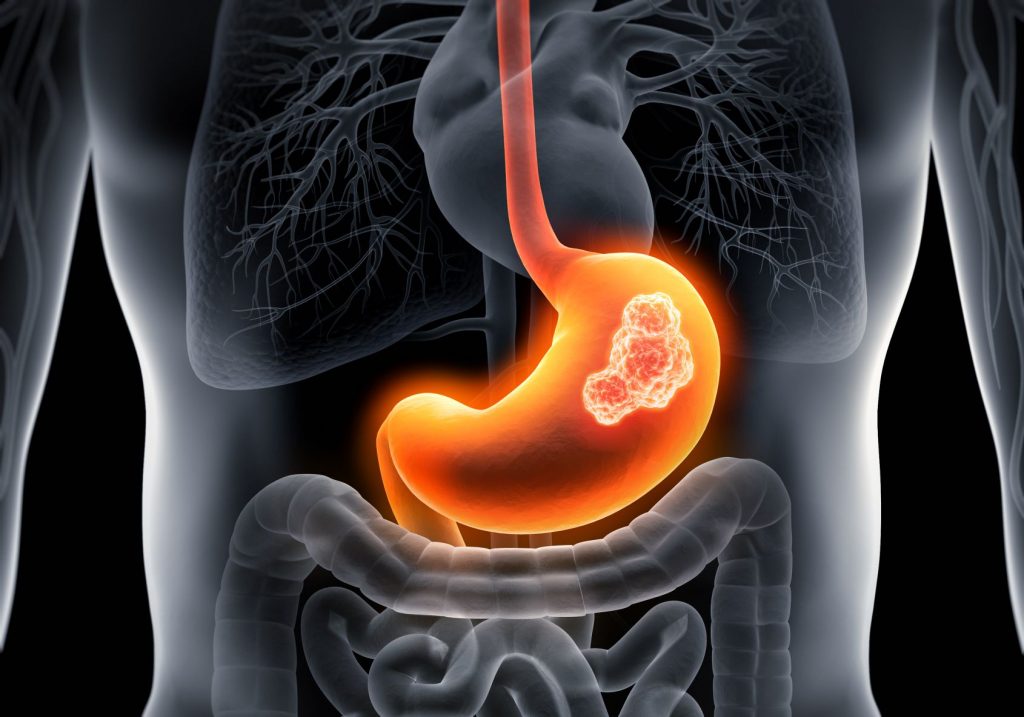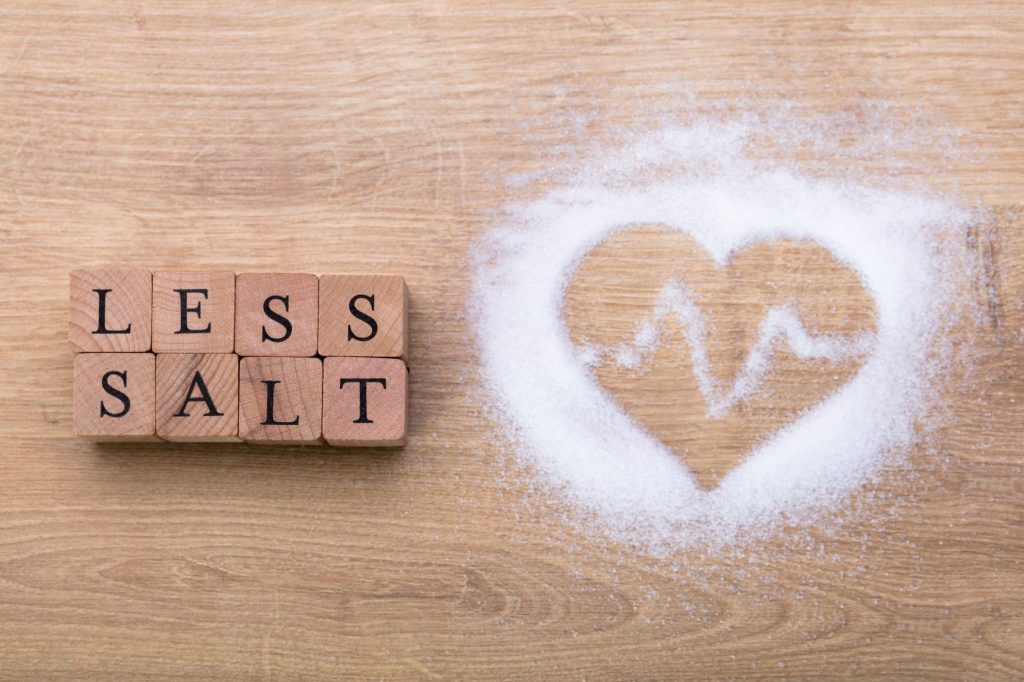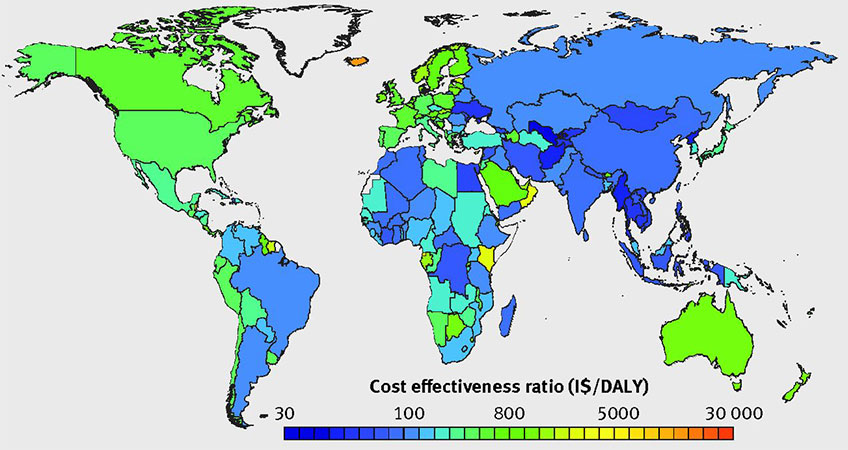Low sodium diet for gastric cancer prevention in the United States: Results of a Markov model

Published in Cancer Medicine on 1st December 2020, Kim et al modelled the impact and cost-effectiveness of the low sodium-DASH diet for prevention of gastric cancer in the U.S. population. Compared to no intervention, the study found the low sodium-DASH diet could reduce gastric cancer risk by 24.8% for males and 21.2% for females and […]
Cost-effectiveness of population salt reduction interventions in Cameroon

Published in BMJ Open on 24th November 2020, Aminde, Cobiac, and Veerman conducted a cost-effectiveness analysis of three population salt reduction interventions to prevent cardiovascular disease (CVD) in Cameroon. Using a multicohort multistate life table Markov model, the study estimated that over 10,000, 79,000 and 84,000 CVD deaths could be avertedfrom mass media, school education […]
Cost savings and health gains estimated from achievement of the US Food and Drug Administration voluntary sodium reformulation targets

Pearson-Stuttard J et al recently published a paper in PLoS Medicine estimating the health and economic effects of the proposed US Food and Drug Administration (FDA) voluntary sodium reformulation. The US IMPACT Food Policy Model was used to estimate cost-effectiveness and health impact of three scenarios; 100% compliance with 10-year reformulation targets, 50% compliance with […]
Cost-effectiveness of a government policy to reduce sodium intake

A recent study by Webb et al published in The BMJ modelled the effects and costs of a government policy that combines targeted industry agreements and public education to reduce sodium intake in 183 countries. Intervention costs for each country were assessed using the WHO-CHOICE (CHOosing Interventions that are Cost-Effective) database, while country-specific effects on […]